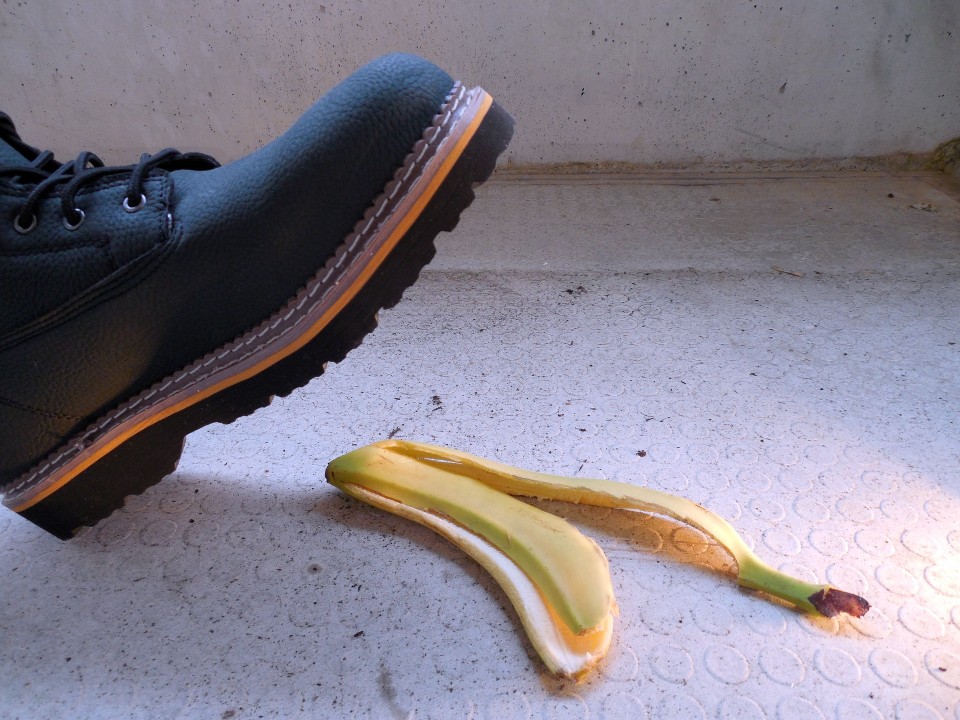
When I wrote about Wong v. Lee (D2d1 Jul. 15, 201) no. B293892 (nonpub. opn.) last month, I noted its analysis and holding of the limits of the appellate stay doctrine. But after the opinion was modified (nonsubstantively) after petitions for rehearing, I noticed the case raises several other common appellate missteps that trial attorneys may find instructive.
Specifically, most of the appellants' arguments here were rejected as forfeited. The court also disregarded challenges because the appellants' briefing improperly cited to postjudgment matter in the appellate record in their challenge of the judgment.
In this divorce and proper division case, the family court issued a number of orders concerning the marital estate, including declaring rights to the family home, invalidating a loan and deed of trust on a rental property and ordering that property sold.
On appeal, the husband raised misjoinder because the owner of the rental property, a company owned by the couple, was not made a party to the proceedings. The husband's sister also had some involvement in the parties' real property, and also appealed.
The Appellant Forfeited Most of Her Claims:
On appeal, the sister argued she should have been given full title to one of the properties because the couple had "abandoned" it by failing to make mortgage payments.
The court held the sister forfeited this argument. At trial, the court concluded that the sister had not rebutted the presumption of legal title established by Evidence Code section 662. The sister did not argue her "abandonment" theory at trial. So she cannot raise it on appeal.
Attempting to salvage her argument, the sister argued she was not really raising a new legal challenge on appeal. Instead, she was just challenging the "sufficiency of the evidence" supporting the judgment. That is, the sister tried to argue this was not a new theory, but just a new gloss on the same theory argued at trial.
The Court of Appeal did not buy it. The court concluded the "abandonment" theory was "a new legal theory that we have the discretion to decline to address."
Here are some of the cited authorities on the forfeiture issue to clip-and-save:
Challenges to the Judgment May Not Be Supported by Citations to Post-Judgment Filings:
Appellants filed a post-judgment motion to vacate, and on appeal, they cited to matters in that motion. This would be fine – if they were challenging the order denying the motion to vacate. But the appellants cited to this post-judgment matter in their challenges to the underlying judgment.
This is improper. "We disregard these materials in the course of reviewing the family court's judgment because, with the exception of appellants’ notices of their intent to move to vacate the judgment, these documents were submitted to the family court after it had entered its judgment. Although we may examine these materials when reviewing an order denying a motion to vacate the judgment, we cannot consider them in assessing the correctness of the judgment itself. (See In re Marriage of Brewster & Clevenger, supra, 45 Cal.App.5th at p. 498 [“When reviewing the correctness of a trial court's judgment, we only consider matters that were part of the record at the time the court entered the judgment; ‘ “[t]his rule preserves an orderly system of [litigation] by preventing litigants from circumventing the normal sequence of litigation.” [Citation.]’ [Citation.]”].)"